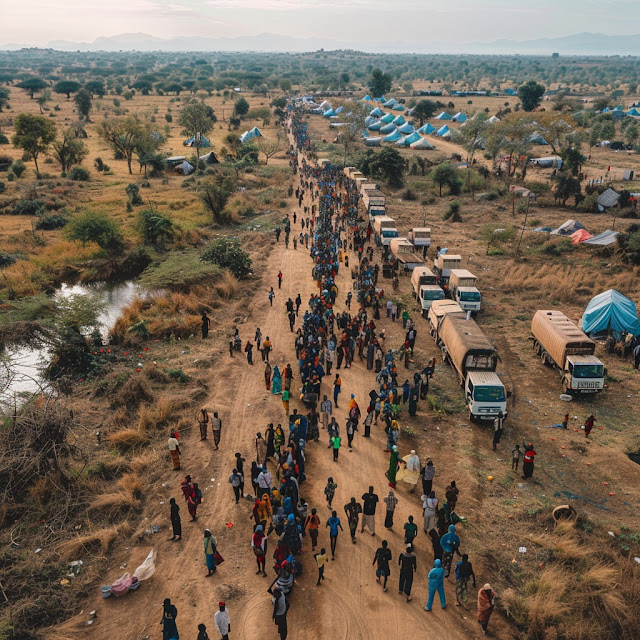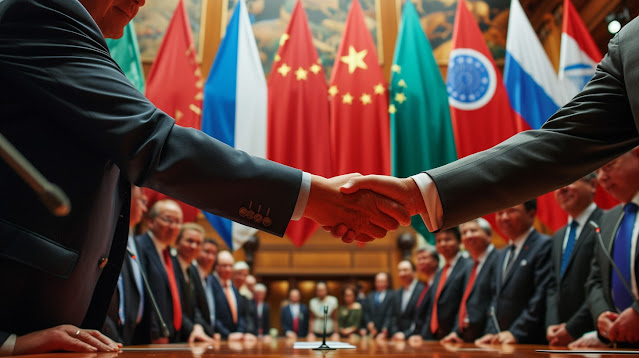Submitted Review: Navigating the Controversial Ethics of Humanitarian Intervention in Foreign Conflicts
Navigating Humanitarian Intervention in Foreign Conflicts
Defining Humanitarian Intervention: Humanitarian intervention refers to the use of military force or diplomatic pressure by one or more countries to protect civilians from grave human rights abuses, such as genocide, ethnic cleansing, or crimes against humanity. While the concept is rooted in the principle of the "responsibility to protect" (R2P), its application is often fraught with ethical challenges and political controversies.
Ethical Dilemmas:
One of the primary ethical dilemmas surrounding humanitarian intervention is the tension between the principle of sovereignty and the duty to protect human rights. While states have a sovereign right to non-interference in their internal affairs, this right is not absolute when it comes to preventing mass atrocities. However, the decision to intervene in the affairs of another state raises questions about the legitimacy of external intervention and the potential for unintended consequences.
Furthermore, the selective nature of humanitarian intervention, where certain conflicts receive international attention while others do not, raises concerns about consistency, impartiality, and political motives. Critics argue that intervention is often driven by geopolitical interests rather than genuine humanitarian concerns, leading to accusations of hypocrisy and double standards.
Creating Solutions:
In addressing the ethical challenges of humanitarian intervention, proactive measures must be taken to ensure that intervention is conducted in a principled, transparent, and accountable manner. This requires adherence to international law, respect for sovereignty, and a commitment to the protection of civilians. Additionally, efforts should be made to address the root causes of conflict, promote conflict resolution through diplomacy and negotiation, and support local peacebuilding initiatives.
Furthermore, the international community must strengthen mechanisms for early warning, prevention, and mediation to prevent conflicts from escalating to the point where intervention becomes necessary. Diplomatic engagement, dialogue, and multilateral cooperation are essential in building consensus and mobilizing collective action to address humanitarian crises.
As we grapple with the ethical complexities of humanitarian intervention in foreign conflicts, it is essential to strike a balance between the duty to protect human rights and the principles of sovereignty and non-interference. While intervention may be necessary to prevent mass atrocities and uphold universal values, it must be conducted in a manner that respects international law, promotes dialogue and diplomacy, and prioritizes the protection of civilians. By fostering a culture of ethical reflection, accountability, and international cooperation, we can navigate the challenges of humanitarian intervention and work towards a more just and peaceful world for all.














Comments
Post a Comment